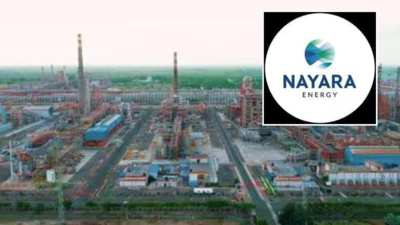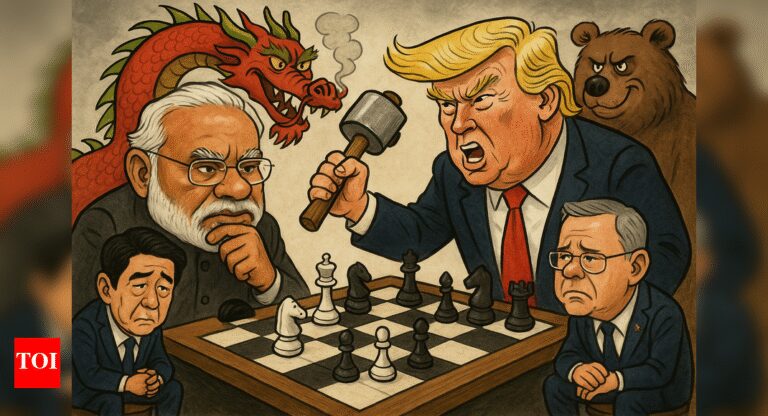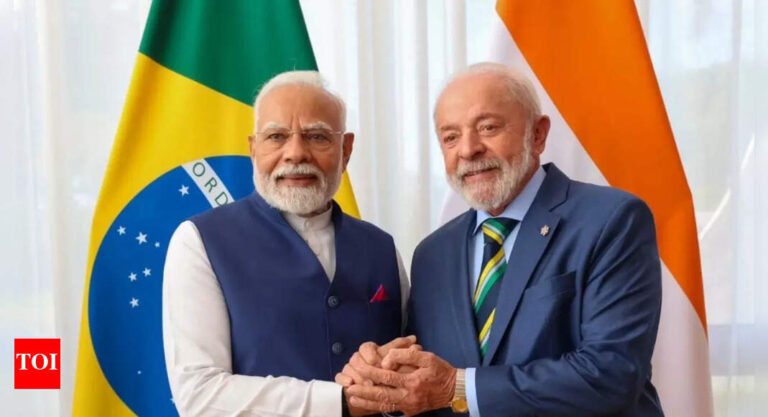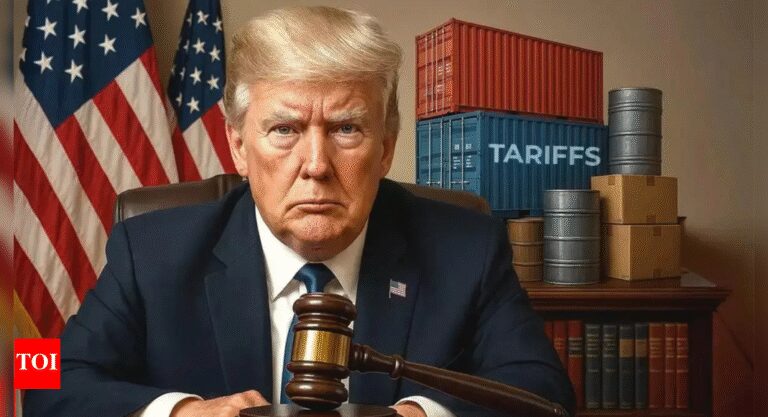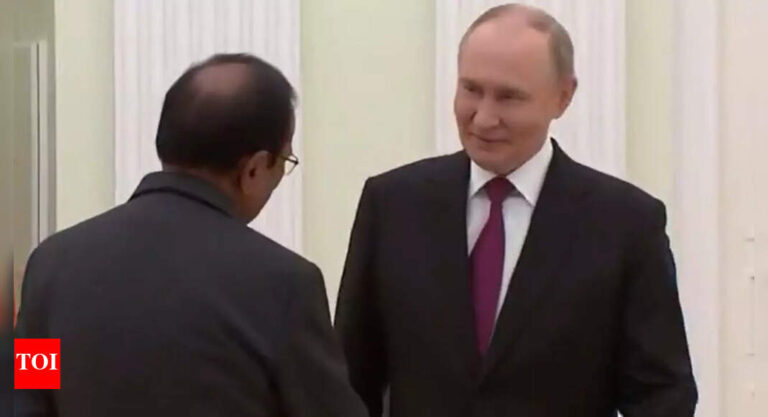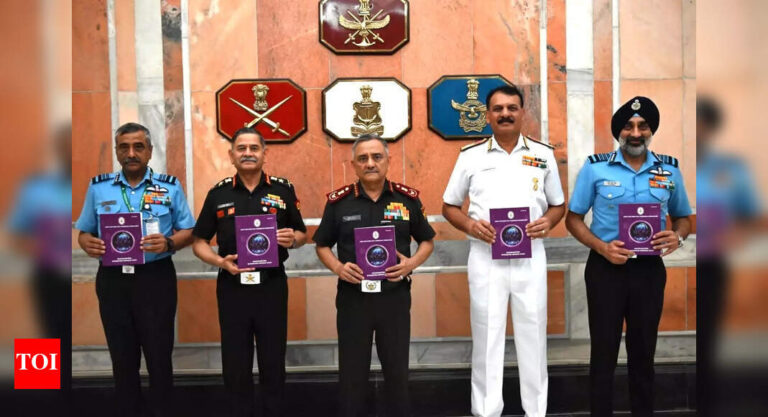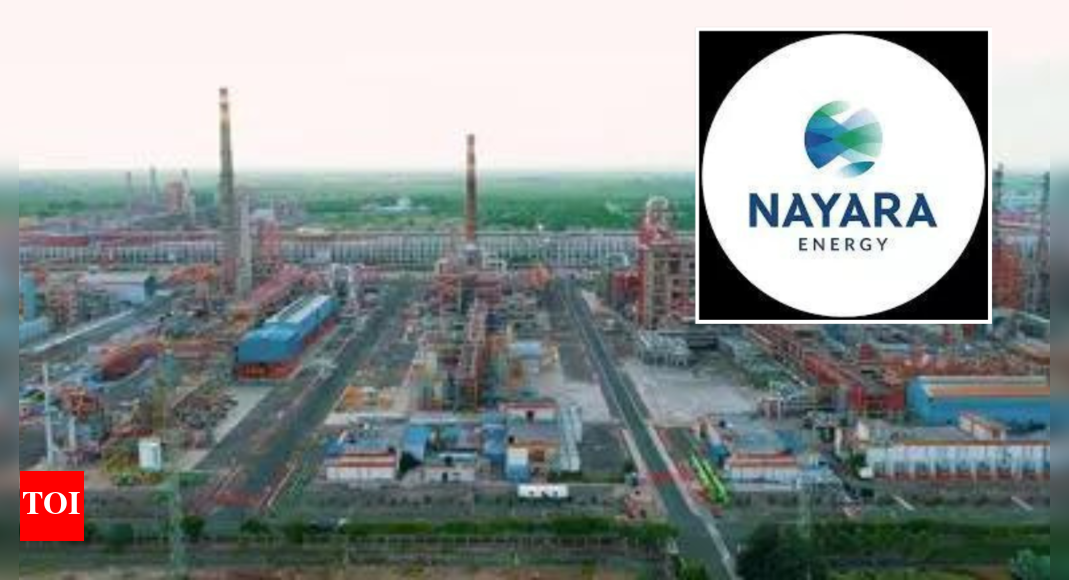
Fuel supply from Nayara Energy’s Vadinar refinery has been severely disrupted after shipowners, wary of European Union sanctions, stopped lifting products from the facility, forcing the Rosneft-backed company to seek government help to arrange alternate shipping support.Nayara, which used vessels to supply petrol and diesel to consumption hubs along India’s west coast and as far as Odisha, is struggling to maintain its supply chain. The firm’s executives met shipping ministry officials on Thursday to request assistance in securing vessels for transporting fuel to key demand centers, including Maharashtra, Karnataka, Andhra Pradesh, Tamil Nadu, and Odisha, according to sources familiar with the matter.Unlike other Indian refiners that use pipelines to move fuel inland, Nayara depends heavily on marine transport from its 20-million-tonne-a-year refinery at Vadinar, Gujarat.However, Indian shipping lines pulled out of the arrangement following the EU’s recent sanctions on Nayara over its Russian ownership, said sources, as per news agency PTI. This move has also made it difficult for vessels to get insurance from Protection and Indemnity (P&I) clubs, most of which are based in Europe, further compounding the problem.“The firm typically requires three ships to maintain its fuel supply chain. But since the EU sanctions came into effect, it has managed to get only one vessel, which could make a single voyage,” a source was quoted as saying by PTI.Executives are now seeking a mechanism where Indian shipping lines can operate under domestic insurance coverage, in coordination with local insurers. The Directorate General of Shipping (DG Shipping), which regulates maritime affairs in India, has raised concerns over the impact of sanctions and stressed that resolving the issue would require a political decision.The impact of the EU sanctions has been significant at the boardroom level too. Within days of the measures being imposed last month, Nayara’s CEO Alessandro Des Dorides resigned, followed by three other European directors, Victoria Cunningham, Avril Mary Anne Conroy, and Jorg Tumat, as well as senior VP and head HSE Barbara Oberhauser.Nayara had denounced the EU’s move as “unjust and harmful to India’s interests” and said it was evaluating legal options. Its part-owner Rosneft, which holds a 49.13 per cent stake, also termed the sanctions “unjustified” and a “direct threat to India’s energy security.”The European Union’s latest sanctions, part of its 18th package aimed at curbing Russia’s revenue streams, included Nayara for its Russian links, prompting a compliance exodus of European nationals from its leadership and disrupting its logistics network.Wider implications for Indian refinersThe sanctions and subsequent disruptions come amid mounting pressure from the US as well. President Donald Trump recently doubled tariffs on Indian goods to 50 per cent, citing India’s continued crude oil imports from Russia, which Washington argues help fund Moscow’s war in Ukraine.Though the Indian government has so far not issued any directive to reduce Russian imports, refiners are likely to adopt a cautious approach, sources quoted by PTI claimed. The availability of discounted Russian crude, once a lucrative option, has diminished, with current discounts falling below $2 per barrel.India imports about 5 million barrels of crude oil daily, with Russia accounting for over 1.6 million barrels in July, making it the country’s top supplier. Before the Russia-Ukraine conflict, Russia accounted for less than 0.2 per cent of India’s oil imports.The EU’s upcoming ban, effective January 2026, on importing petroleum products derived from Russian crude is expected to further impact Indian exporters like Reliance and Nayara, which have been major suppliers of fuels to Europe.India’s historic suppliers, primarily from the Middle East, are likely to regain prominence in the import mix as refiners consider diversifying further.Nayara Energy, formerly Essar Oil, operates India’s second-largest refinery and owns over 6,750 petrol pumps. Alongside Rosneft’s 49.13 per cent stake, another 49.13 per cent is held by Kesani Enterprises Company, an SPV jointly owned by Russia’s United Capital Partners (UCP) and Hara Capital Sarl (a subsidiary of Mareterra Group Holding).

